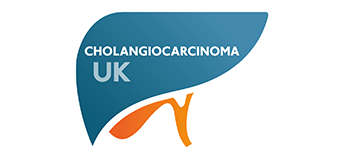ABC-03 clinical study results published in British Journal of Cancer
“Circulating biomarkers during treatment in patients with advanced biliary tract cancer receiving cediranib in the UK ABC-03 trial“
Results from the ABC-03 clinical study have been published in the British Journal of Cancer (21.06.18).
Dr Alison Backen, Systemic Therapy Research Project Manager in Medical Oncology at The Christie NHS Foundation Trust, explains the study and the findings for AMMF:
Gemcitabine and Cisplatin for patients with advanced biliary tract cancer (ABC)
The ABC-02 study recruited 410 patients from 37 UK hospitals. Half of the patients were treated with Gemcitabine and Cisplatin (GemCis) and half received Gemcitabine (Gem) alone (the best-known treatment at that time). The results showed that patients treated with GemCis spent 8 months (on average) on treatment before their cancer got worse, which was longer than the 5 months patients spent on treatment with Gem alone. Importantly, the side effects of the two treatment groups were similar; patients did not feel worse because they had to take two drugs rather than one. This study made GemCis the gold standard treatment for patients with ABC world-wide.
What next?
The next trial set out to answer the question ‘Does adding a third drug to GemCis treatment make it more effective?’ The ABC-03 study recruited 124 patients from 15 UK hospitals. Half of the patients were treated with GemCis (the new standard treatment) plus a placebo (which did not have any drug in it) and half of the patients received GemCis plus a third drug called Cediranib. Cediranib is known to stop the formation of blood vessels which the cancer uses to collect everything it needs to grow. The results of this trial was published in 2015 and showed that adding Cediranib to GemCis treatment did not improve the effect on ABC enough, but it was clear that this cancer is slowed by blocking blood vessel formation.
Translational science from the ABC-03 study – published in the British Journal of Cancer
This means the ‘translation’ of scientific findings in a laboratory, into potential patient benefit. The ABC-03 trial collected blood samples from patients before, during and after treatment; we hoped that blood would contain information about what was happening to the tumour during treatment. This is the best method we know of to get this information, without repeatedly collecting samples of tumour directly.
Sixteen specific proteins were measured to try to understand how chemotherapy works in these patients and what happens when it stops working. The design of this study allowed us to find out which differences were caused by the Cediranib; remember all patients were receiving the best treatment we currently know (GemCis) which will cause changes in some of these proteins. Other studies have looked at levels of these proteins, but in small studies where all patients received Cediranib (in combination with other drugs), so they do not know which drugs caused the observed changes.
Some examples of what we have learnt from this study
Two proteins (VEGFR2 and Tie2) decreased during treatment but only in patients who received Cediranib. This is likely to be as a result of the Cediranib; VEGFR2 is the ‘target’ of the Cediranib drug (so this is an expected observation) but we did not know that Tie2 would also decrease.
- Increases in seven proteins (Ang1 & 2, FGFb, KGF, Tie2, VEGFA & C) part-way through treatment (at Cycle 3) identified patients who were likely to survive longer. This could either be caused by the tumour or by the GemCis treatment, because it happens in all patients. Part-way through treatment (Cycle 3) is a useful place to know if a treatment is working.
- For patients treated with GemCis + placebo, increases in one protein (VEGFA) through treatment (Cycle 3) identified patients who were likely to survive for a shorter time (the CisGem treatment was less effective). But in patients treated with GemCis + Cediranib, increases in VEGFA did not indicate a shorter survival time. This is a complicated result; it tells us that Cediranib may be an effective drug in patients who have rising levels of VEGFA during treatment.
The ABC-03 translational science begins to tell us more about how all three of these drugs work in patients with ABC and also what happens when these drug stop working. This detailed information will help us to understand how to design better clinical trials to improve outcomes for future patients. All of these observations will need testing in much larger groups of patients before they could be used in the clinic.
This study was supported by Cancer Research UK, National Institute for Health Research Clinical Research Network, Experimental Cancer Medicine Network, University College London and AstraZeneca.
To read the article in full in the British Journal of Cancer, click here
To see a list of clinical trials for cholangiocarcinoma (bile duct cancer) currently open and recruiting in the UK, click here
June 2018







